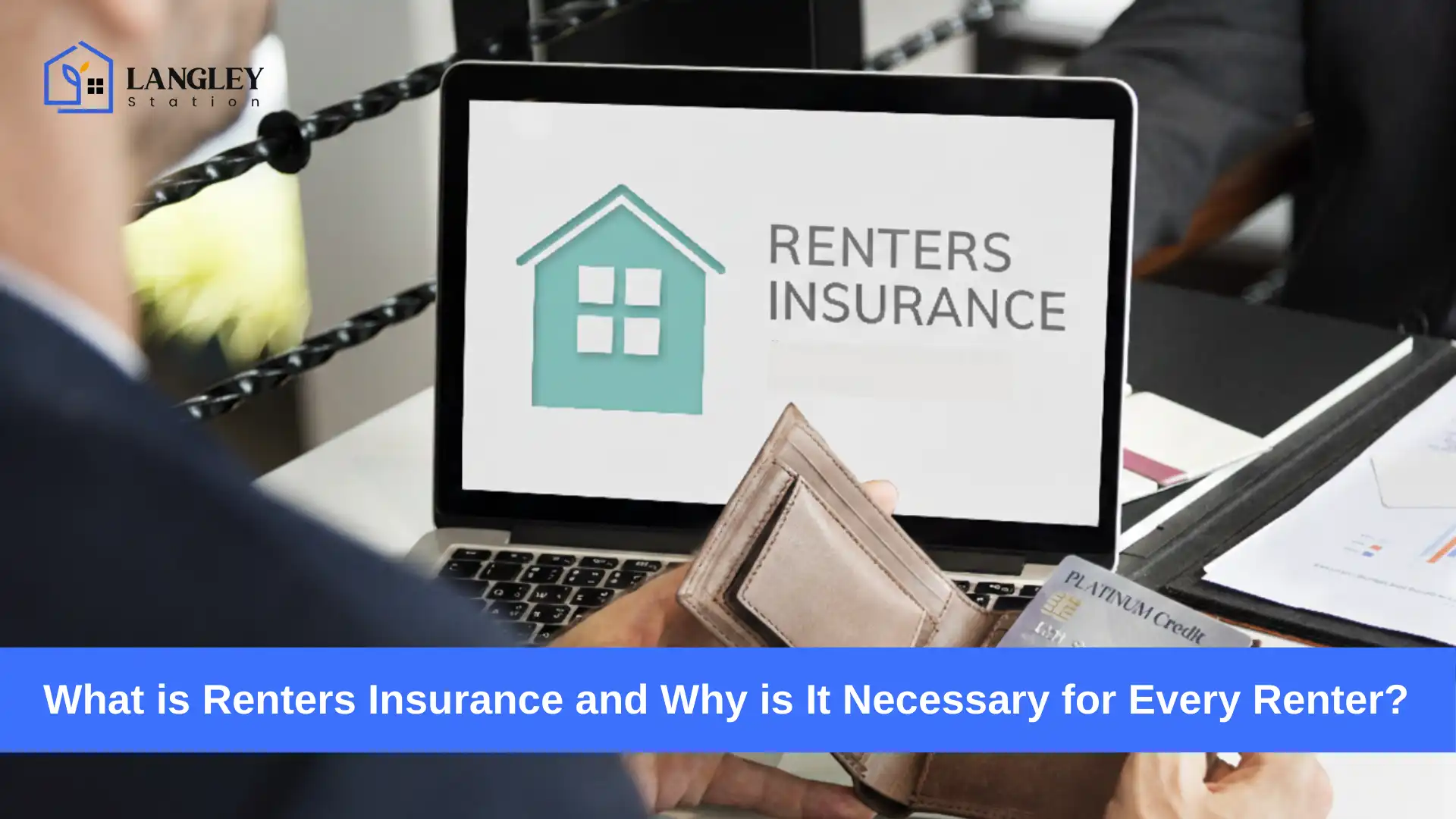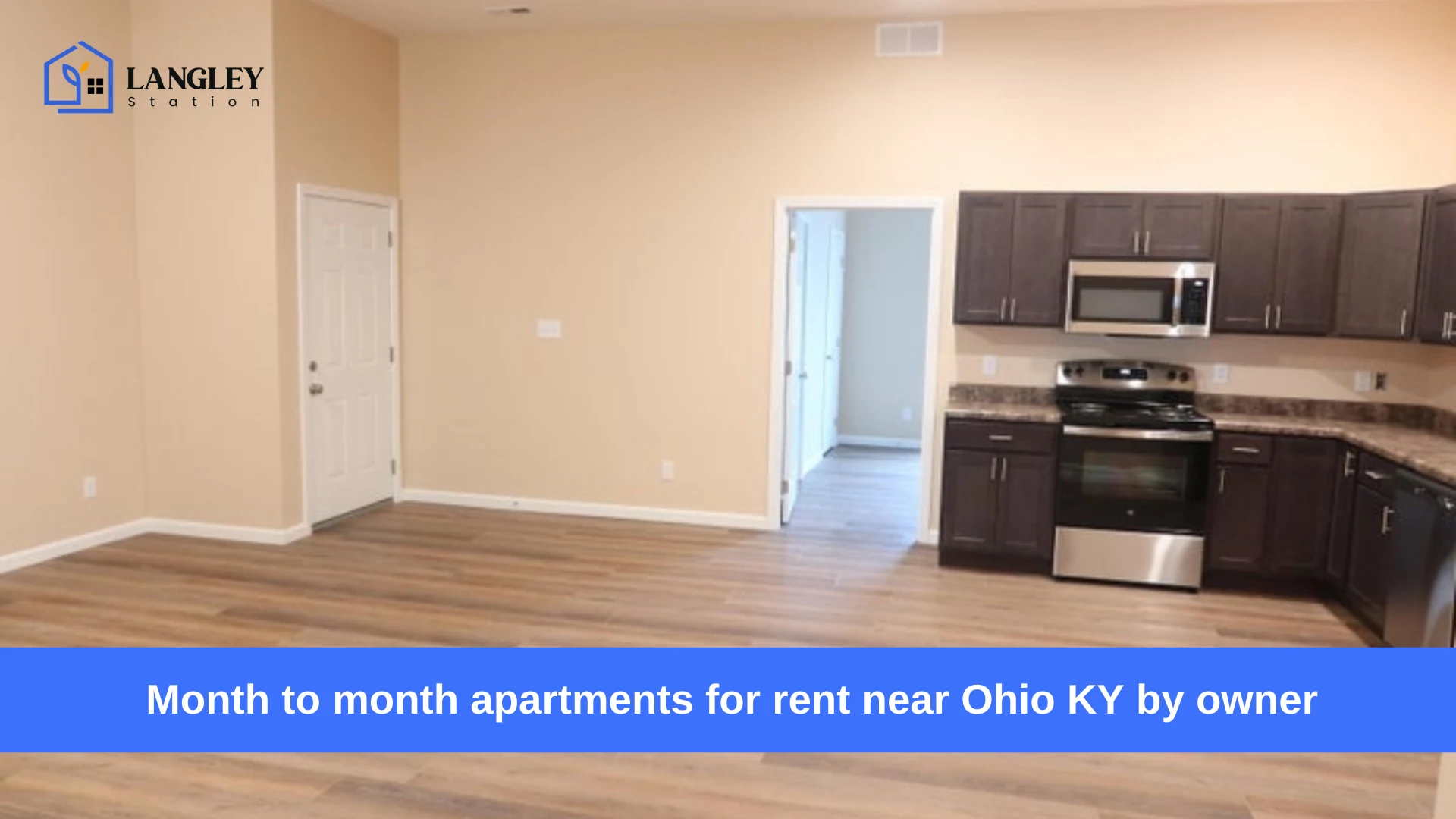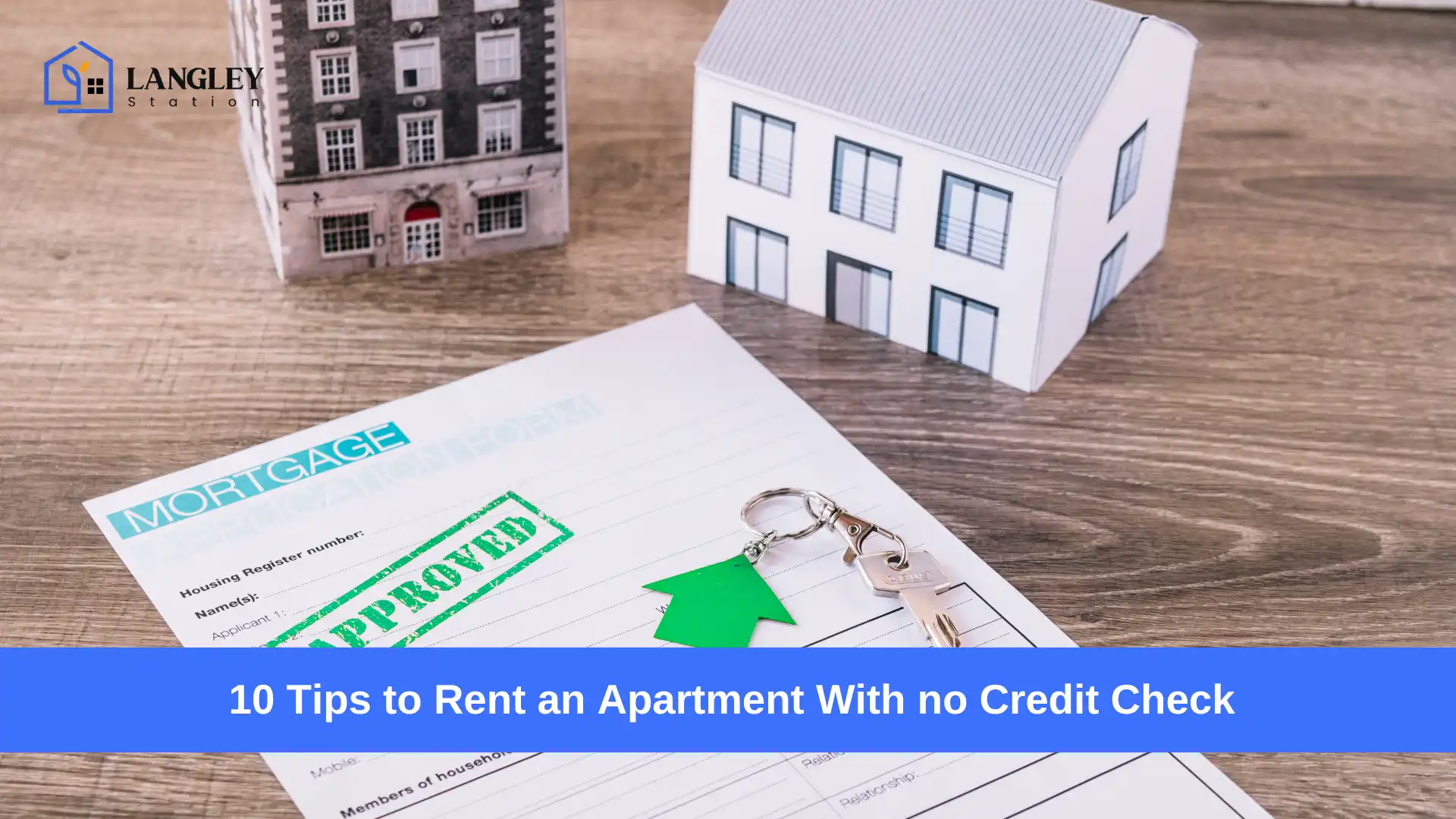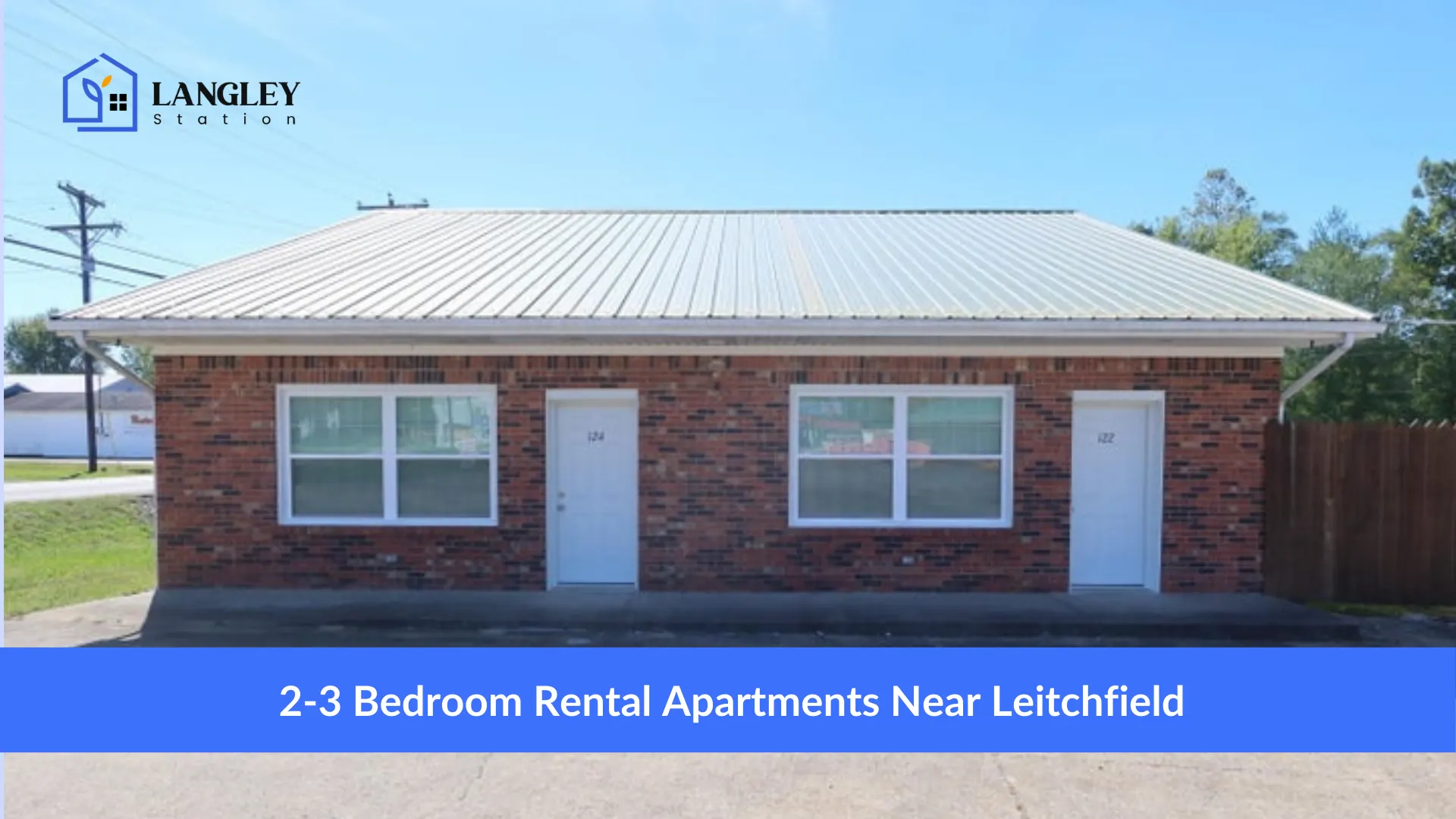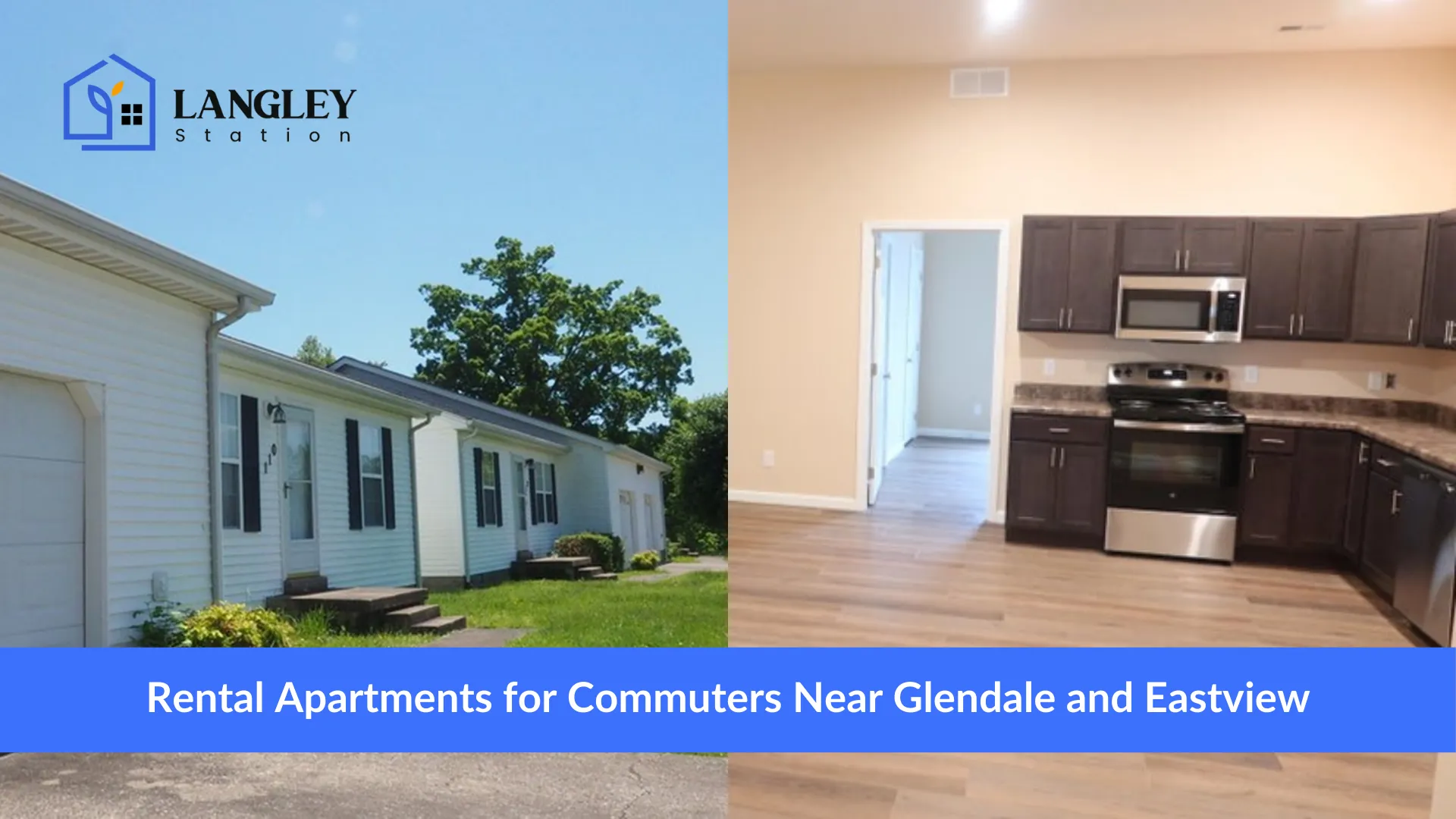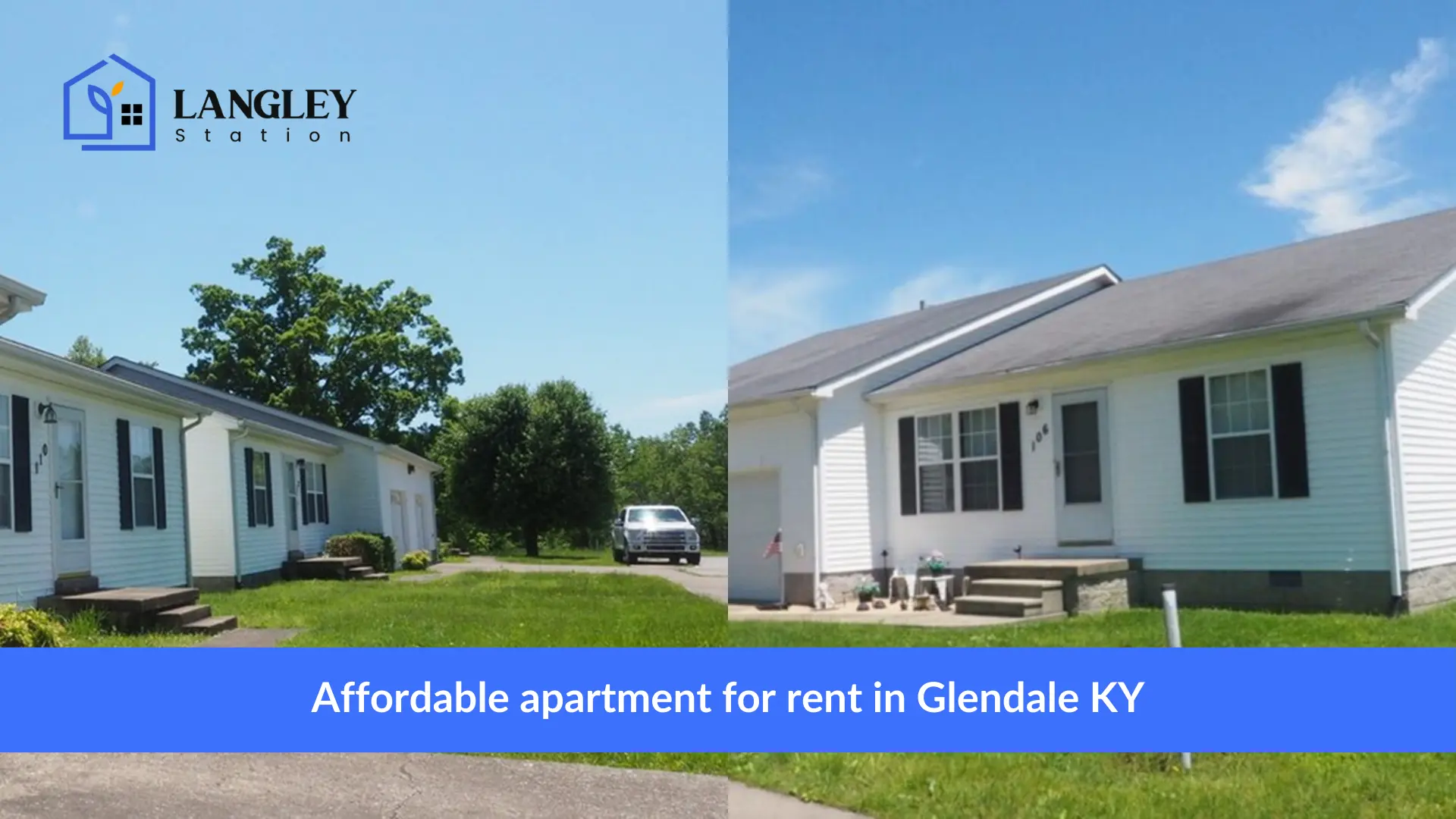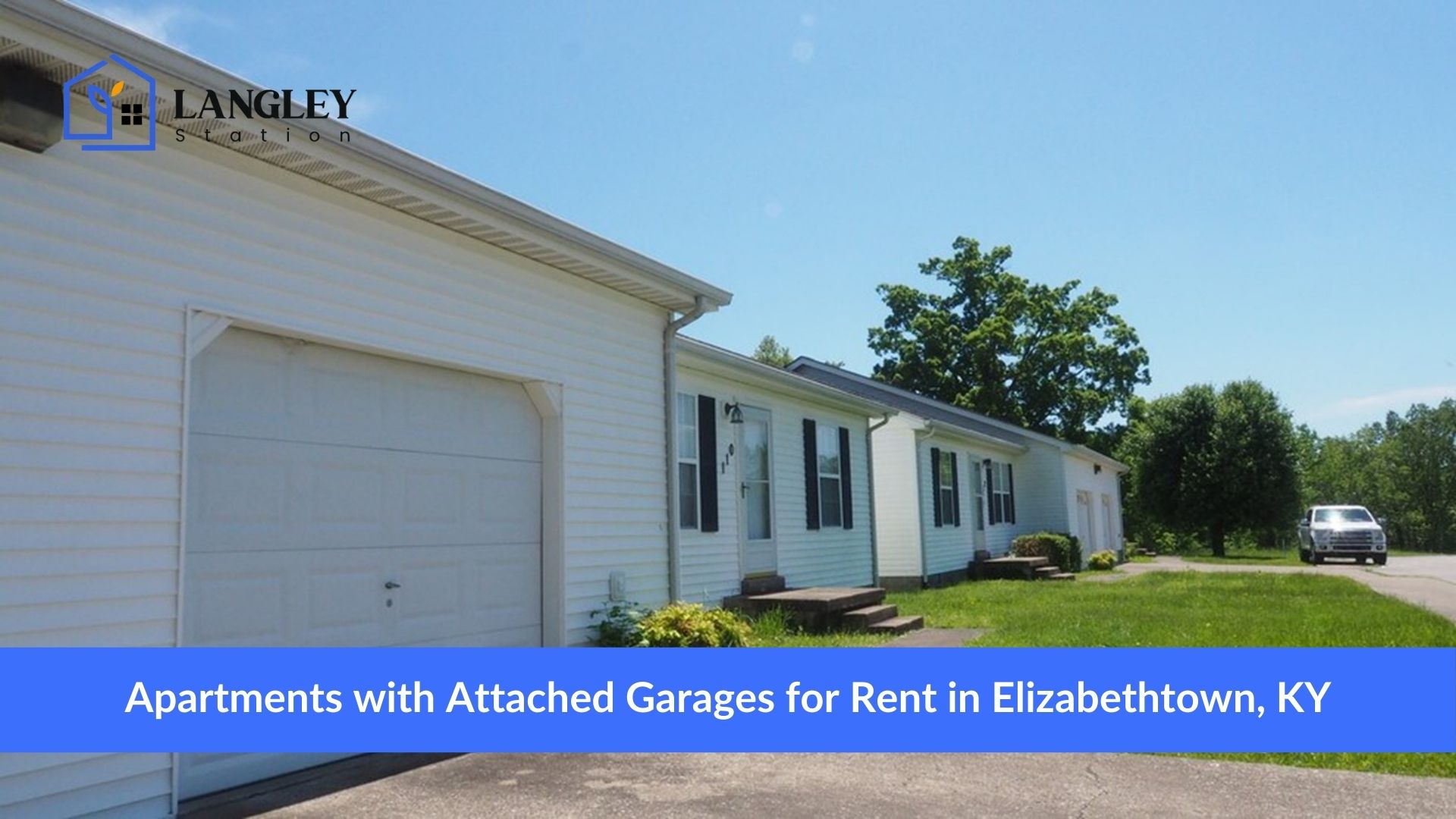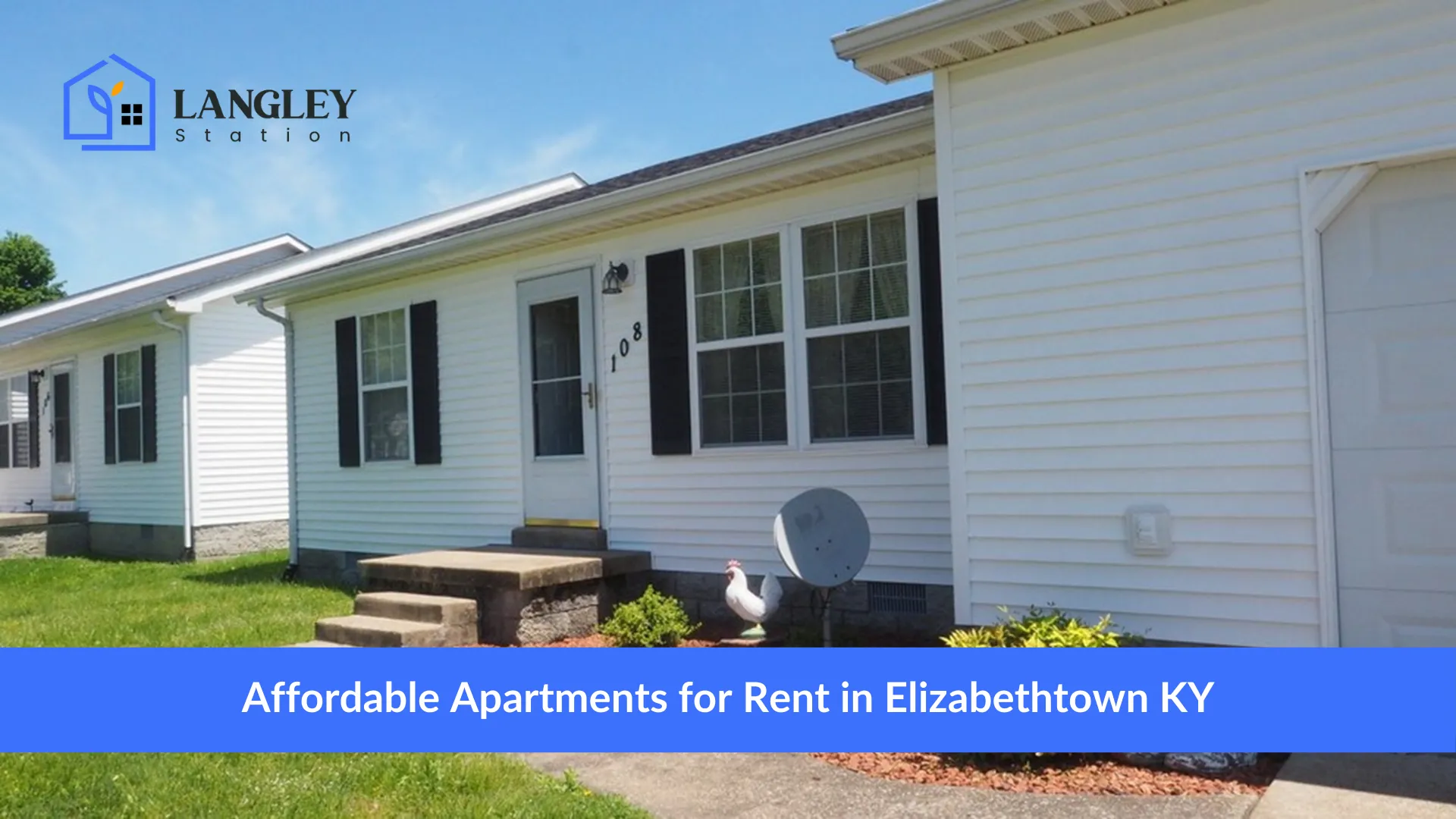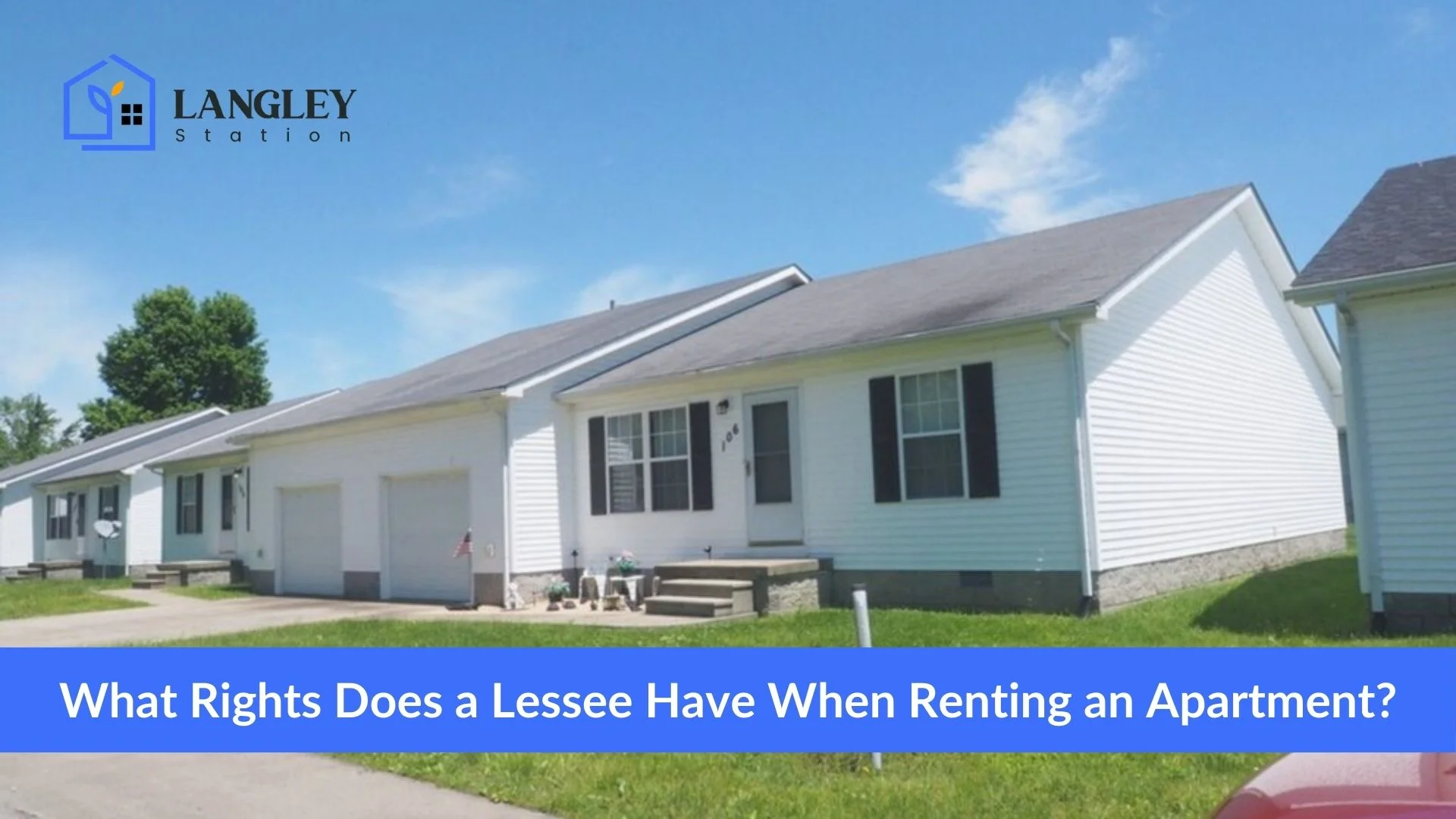
What Rights Does a Lessee Have When Renting an Apartment?
Finding a new place to live can be both thrilling and a bit daunting. You’ve probably spent hours searching, touring, and maybe even imagining your life in a new space. Once you find the perfect spot, you become a lessee. Now, what is a lessee, exactly? In simple words, the lessee is the person who signs a lease to rent a property. The person on the other side of the contract is the lessor, or the landlord. The relationship between the two is defined by the lease agreement, a legally binding document that outlines the rights of renters and obligations of landlords.
Knowing your lessee rights when renting an apartment is not just a good idea; it is absolutely necessary. It can prevent misunderstandings, protect your finances, and ensure you have a safe and comfortable place to call home.
In this guide, you will learn all the most important protections every lessee should understand. We are going to cover everything from the moment you apply to the day you decide to move out. Our goal is to make sure you have the knowledge you need to be a confident and protected renter.
Table of Contents
What is a Lessee? Or Lessee Meaning
To truly understand your legal position, you need to be clear on the terminology. The lessee meaning is easy to remember. A lessee is the tenant, the person who occupies a property. The lessor is the property owner or the landlord who grants the right of use to the lessee. A lessor and lessee agreement is the formal contract that makes this arrangement legal.
So, who is the lessee and lessor in a typical apartment situation? You, the person paying rent, are the lessee, and your landlord is the lessor. This simple distinction is the foundation of every rental relationship.
Understanding it helps you know where your responsibilities begin and end. The lease you sign is a contract. It is a promise from the lessor to provide a living space and a promise from the lessee to pay for it and follow the rules. It sounds simple, but there are a lot of details to consider.
The Core of Apartment Rental Legal Rights
Your fundamental rights as a lessee are protected by a mix of state and local laws, as well as federal standards. The most important of these is the implied warranty of habitability. This is a big phrase that just means your landlord has to provide a safe and healthy living space. Also includes things like having a working heater in the winter, hot water, safe electrical wiring, and a pest-free environment. This right is so basic it cannot be waived even if you sign something that says you give it up.
A key part of your apartment rental legal rights is the right to a quiet enjoyment. This means your landlord cannot bother you without a good reason. They can’t show up unannounced and cannot let themselves into your apartment whenever they feel like it. They have to give you proper notice before entering, usually 24 to 48 hours, unless there is a real emergency. This protects your privacy. Knowing this gives you power. If you feel like your landlord is constantly bothering you, it is a violation of your tenant privacy rights.
When you are looking for a place to rent, consider checking out the new apartments at Langley Station, where a great team is ready to help you find the perfect apartment that fits your needs.
Lease Agreement Tenant Protections and Fair Housing
A lease is more than just a piece of paper. It is a legal shield for both parties. Your lease agreement tenant protections are outlined in this document. These protections cover things like rent amounts, late fees, and what happens if you need to end your lease early. A well-written lease should be fair and not include any clauses that violate local rental housing rights.
The law also provides broad renters’ legal protections through fair housing laws. These federal laws make it illegal for a landlord to discriminate against you based on race, color, religion, national origin, sex, disability, or family status. For example, a landlord cannot refuse to rent to you just because you have children. This is a powerful form of protection that ensures everyone has an equal opportunity to find a home. These housing discrimination laws are enforced by government agencies and private tenant advocacy organizations.
Security Deposit Laws for Tenants
One of the most common issues between a lessee and lessor is the security deposit. This money is yours and the landlord is just holding it. Security deposit laws for tenants are very specific in most states. They tell the landlord how much they can charge, when they have to return it, and what they can use it for. A landlord can generally only use your deposit to cover unpaid rent, damages beyond normal wear and tear, and sometimes cleaning fees if they are specified in the lease.
They cannot just keep your deposit for no reason. Most states require the landlord to return your deposit within a certain number of days after you move out, often 14 to 21 days. If they are keeping any of it, they must send you a detailed list of what the money was used for. If your landlord does not follow these rules, you may have the right to take legal action. The lessee has a right to their money back.
Maintenance Responsibilities of Landlord vs Tenant
This is a big area of confusion for many. Who fixes what? The maintenance responsibilities of landlord vs tenant are usually spelled out in the lease. But even if they aren’t, the law gives you a general idea. The lessor has a duty to keep the property livable. This is the habitability rights we talked about before. This means they must fix things like leaks in the roof, faulty plumbing, and issues with the heating or air conditioning.
The lessee, on the other hand, is responsible for keeping the place clean and not causing damage. If you break a window, you are responsible for fixing it. If a pipe breaks from old age, the landlord is responsible. This basic split of responsibility is how most rental contract rights and obligations work. You have a right to a safe home, and you have an obligation to treat it with care.
Eviction Rules and Tenant Protections
The thought of eviction is scary for any lessee. But eviction rules and tenant protections are in place to stop landlords from acting unfairly. A landlord cannot just kick you out. They have to have a valid reason, like not paying rent or violating the lease. They must also follow a strict legal process, which involves giving you a formal notice to vacate.
In many places, there is a grace period, and you can fix the problem. This could be paying the rent you owe or fixing a lease violation. If you do not fix the issue and still do not move out, the landlord has to go to court and get a court order for you to be removed. This entire legal process gives a lessee time and an opportunity to defend themselves. This is a critical part of lease agreement tenant protections.
Lessee vs Tenant Rights
The terms lessee vs tenant rights are often used to mean the same thing. In legal documents, lessee is the formal term. In everyday language, people use the word tenant. The rights and responsibilities are identical. So, whether you call yourself a lessee or a tenant, your basic legal standing remains the same. You have the right to a safe and secure home, and you have an obligation to follow the rules of your rental contract.
Lessee Vs Lessor
In a lease, the lessor is the owner who authorizes the use of an asset, on the other hand, the lessee is the one who makes a payment in order to use the asset for a certain period of time. You could say that the ” OR ” stands for the giver (lessor) and the “EE” for the receiver (lessee). The lessor keeps the property rights, while the lessee is given the right to have, use and enjoy the asset against a payment of rent.
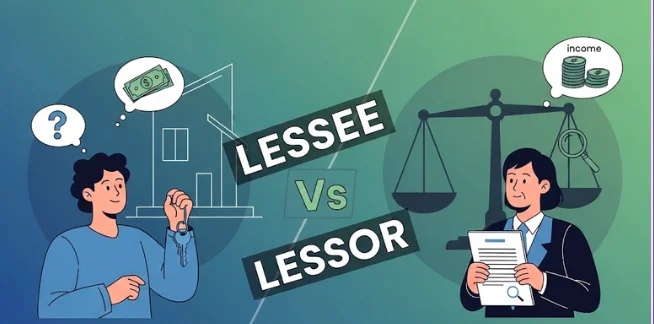
International Tenant Rights and Global Rental Laws
While this blog is focused on the US, it is worth looking at international tenant rights to understand global rental laws. In some parts of Europe, rent control is very common, limiting how much a landlord can increase the rent each year. In other countries, the process of evicting a lessee can be much harder. The concept of landlord obligations worldwide generally includes providing a livable space. But the specifics can be very different.
Navigating the real estate market takes a lot of care. When you are ready for your next chapter, remember that finding the right community is just as important as finding the right apartment. The team at Langley Station is here to help you do just that.
Lease Termination Rights and Tenant Advocacy Organizations
Every lessee needs to know their lease termination rights. If you need to move before the end of your lease, you could be on the hook for the remaining rent. However, many states have laws that require the landlord to try to find a new tenant to lessen your financial burden. This is called mitigating damages. Some leases may also have a specific early termination clause, allowing you to break the lease with a fee.
If you ever feel like your rights are being violated, do not panic. There are many tenant advocacy organizations that can help. These groups provide free or low-cost legal advice and can help you understand your options. They can also help with issues of housing discrimination laws and lease agreement tenant protections. You do not have to fight these battles alone. Knowing there is a support system out there is a huge part of feeling secure as a lessee.

Final Words
Understanding your lessee rights is the best defense you have in the rental world. From the moment you sign a lessor and lessee agreement, you are protected by a network of laws that cover everything from your security deposit to your right to a safe home. A good lessee knows what is in their lease. They also know what the law says beyond the lease. Being prepared is the most important thing. You have a right to be a confident lessee and to have a peaceful place to live.



